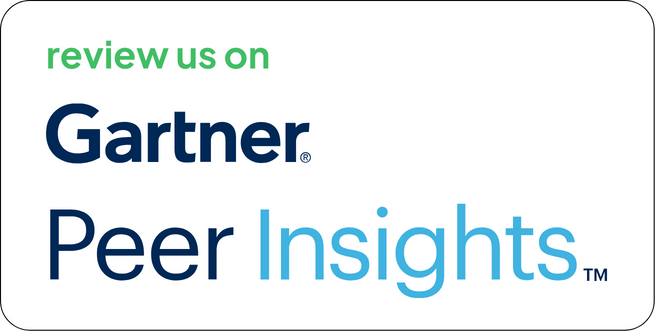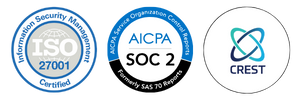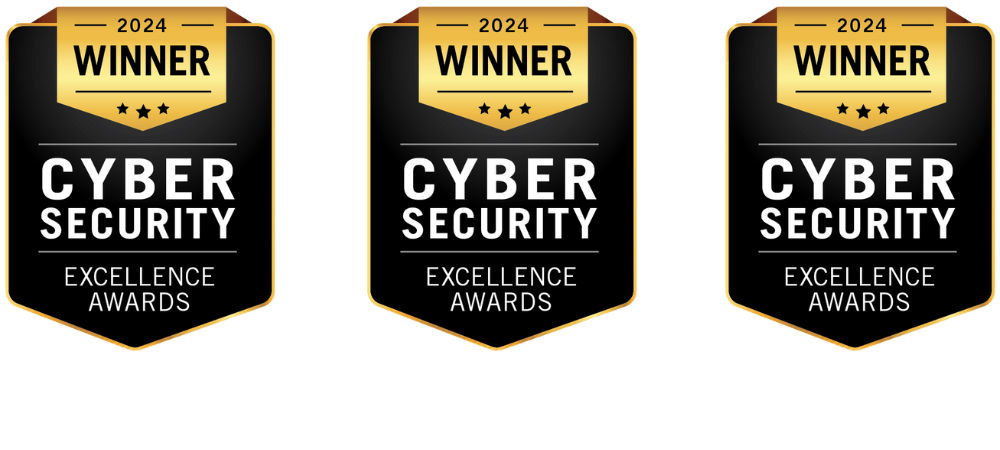At Strobes, we’re redefining how you manage access control security with a game-changing upgrade to our role management system. Consider a platform where every user has exactly the permissions they need and nothing more, where navigating the system is a breeze, and security is tighter than ever. That’s exactly what our latest enhancements deliver.
We’re excited to unveil a suite of new features that will transform the way you control and monitor user access. From pinpoint accuracy in permissions to seamless workflow integration, this upgrade is designed to elevate both your security posture and your team’s productivity. Dive into the details and see how our advanced access control features can streamline your operations and protect your data like never before.
Introducing Enhanced User Access Control Security
In our ongoing commitment to enhance security and streamline operations, we are excited to unveil our upgraded role management system. This new functionality is designed to give you more control and flexibility over user permissions, ensuring that your team has exactly the access they need while maintaining robust security.
Here’s an in-depth look at the key updates:
1. Application-Level Access Control Security
- Granular Access Assignment: You can now assign specific applications to individual users, ensuring that access is tailored to their roles. This means you can determine exactly which applications each user can interact with, preventing unauthorized access to sensitive tools.
- Role-Based Access: Whether it’s a finance application, a customer relationship management (CRM) system, or a project management tool, you can now manage permissions on an application-by-application basis. This feature allows for a more streamlined and controlled access approach.
- Simplified Management: By focusing access controls at the application level, you reduce the complexity of managing broad permissions, making it easier to enforce security policies and ensure security compliance.
Check out our Solution: Application Security
2. Module-Level Permissions
- Detailed Access Rights: Within each application, you can set specific permissions for different modules. For example, in a project management application, you can specify who can view or edit particular projects, tasks, or reports.
- Customizable Roles: This feature allows you to create highly customized user roles based on the needs of each team or department. This precision ensures that users have access only to the features and data necessary for their work.
- Enhanced Security: By controlling access at the module level, you can prevent unauthorized users from accessing sensitive information or functionalities, further tightening security and reducing the risk of internal threats.
3. Default Page Assignment
- Custom Landing Pages: You can define custom landing pages for each user or role within an application. This means that upon login, users are directed to the most relevant screen based on their role, streamlining their workflow.
- Improved Workflow Efficiency: By setting default pages that align with users’ responsibilities, you minimize the time spent navigating through unnecessary sections. This feature helps users quickly access the tools and information they need.
- Enhanced User Experience: Custom landing pages contribute to a more intuitive and user-friendly experience, reducing friction and improving overall satisfaction with the platform.
4. Streamlined Administration
- Simplified Permission Management: The new features make it easier to manage complex organizational structures. With application-level and module-level permissions, you can efficiently oversee user access across different levels and departments.
- Reduced Administrative Overhead: By leveraging these new controls, you can simplify the administration of user permissions, allowing your IT team to focus on other critical tasks while maintaining tight control over access.
- Flexible Configuration: The enhanced role management system provides flexibility to adapt permissions as your organization evolves, ensuring that access controls remain aligned with your operational needs.
5. Enhanced Security and Compliance
- Fine-Tuned Access Control Security: The ability to assign and manage permissions with such granularity contributes to a more secure environment, reducing the likelihood of unauthorized access and potential data breaches.
- Regulatory Compliance: For organizations subject to regulatory requirements, the ability to precisely control user access and track permissions can aid in compliance efforts, providing detailed records of who accessed what and when.
Also Read: How Strobes Penetration Testing Supports Compliance Audits and Assessments
Why Do These Enhancements Matter?
The recent upgrades to our role management system are not just technical improvements—they are strategic enhancements that address key aspects of security, productivity, and administration. Here’s a deeper look at why these enhancements are crucial for your organization:
1. Improved Security
- Granular Access Control Security: With application-level and module-level permissions, you can precisely control who accesses what within your platform. This reduces the risk of unauthorized access to sensitive information, ensuring that only individuals with the necessary clearance can view or modify specific data.
- Reduced Attack Surface: By limiting access to only essential applications and modules, you minimize the potential entry points for malicious actors. This targeted access helps in containing threats and reduces the overall vulnerability of your system.
- Enhanced Monitoring: Detailed access controls enable better tracking of user activities. You can monitor who accessed what and when, which aids in identifying suspicious behavior or potential breaches more effectively.
2. Enhanced Productivity
- Customized User Experience: Tailoring user roles and default landing pages streamlines workflows. Users are directed to the most relevant screens upon login, which reduces the time spent navigating through unnecessary sections and helps them focus on their tasks more efficiently.
- Efficient Task Management: Module-level permissions ensure that team members have access only to the features and data relevant to their roles. This minimizes distractions and helps users concentrate on their core responsibilities, boosting overall productivity.
- Reduced Training Time: By customizing user interfaces and access rights, new team members can get up to speed more quickly. The intuitive setup reduces the learning curve, enabling faster integration and higher efficiency from the outset.
3. Simplified Administration
- Easier Configuration: The ability to set specific access rights and default pages simplifies the process of managing user permissions. This ease of configuration allows administrators to implement changes more swiftly and with greater accuracy.
- Scalable Management: As your organization grows, managing user access becomes increasingly complex. The new system’s granular controls and default page settings make it easier to handle larger teams and more intricate organizational structures.
- Streamlined Audits: Detailed access records and customizable permissions facilitate smoother compliance audits. You can easily demonstrate that users have appropriate access levels and quickly respond to any audit-related queries.
4. Operational Efficiency
- Optimized Resource Allocation: By ensuring that team members have access only to the tools and data they need, resources are used more effectively. This targeted access reduces wastage and ensures that every user’s time is spent productively.
- Improved Workflow Automation: Default page assignments and module-level permissions can automate aspects of the workflow, reducing manual oversight and allowing for more consistent and reliable operations.
- Enhanced Collaboration: When team members have access only to the relevant modules and applications, collaboration becomes more focused. This clarity helps in coordinating efforts and achieving common goals more efficiently.
Also Read: How PTaaS Enhances Collaboration Between Security Teams and Developers
What’s Next?
We encourage you to review your team’s permissions once this feature is available. By taking advantage of these new capabilities, you can optimize user access management and enhance your overall security posture.
Stay tuned for more updates and detailed guides on how to make the most of these new features. Our team at Strobes is here to support you every step of the way, ensuring that you can harness the full potential of our enhanced user access control security system.
Ready to experience the future of access control security? Book a demo today and see how Strobes can help secure and streamline your user management.
Related Reads
- Introducing Strobes Enhanced Role-Based Access Control: Dynamic Asset Permissions
- Strobes Security Scanners: Application Security for Modern Enterprises
- Open Source Security: How Strobes Integrates Security into Your Dev Workflow
- Introducing Strobes Enhanced Role-Based Access Control: Dynamic Asset Permissions
- Solution: Web Application Pentesting
- Solution: Cloud Security
- Solution: Application Security






